The term “99-year lease” often pops up in Indian property conversations, particularly when discussing apartments, government-allotted housing, or development authority lands. It’s a phrase that raises many questions: Does this mean the property is not truly yours? What happens after 99 years? Is this a red flag or a standard practice?
This blog is a complete breakdown of what a 99-year lease means in the Indian real estate context. Whether you’re a first-time homebuyer, investor, or someone considering a resale flat on leased land, this guide will help you make an informed decision.
What Exactly Is a 99-Year Lease?
In India, the 99-year lease is a legal agreement that allows an individual or developer to use a piece of land or property for 99 years from the date of the agreement. The ownership of the land, however, remains with the original lessor — usually a government development authority or municipal body such as DDA (Delhi Development Authority), CIDCO (City and Industrial Development Corporation), MHADA (Maharashtra Housing and Area Development Authority), or similar state authorities.
This form of leasehold ownership is commonly used by government agencies to retain ownership of public land while still allowing residential or commercial development.
Why 99 Years? Why Not More or Less?
The number 99 is not arbitrary — it is widely accepted across legal and administrative systems in India and abroad as a ‘long-term lease’ that provides almost full ownership rights without actually transferring land ownership. It’s long enough to last through multiple generations and is considered close to perpetual use.
Key reasons for 99 years:
- Legally acceptable term that does not trigger full ownership under property laws.
- Minimizes land loss for government or public bodies while enabling economic development.
- Balance between control and usage for authorities granting the lease.
Freehold vs Leasehold: What’s the Real Difference?
To understand the implications of a 99-year lease, it’s important to differentiate between freehold and leasehold property ownership.
Freehold Property:
- Buyer has complete ownership of the property and the land it stands on.
- The owner can sell, lease, renovate, or pass the property on through inheritance without needing permissions.
- Most new residential and private sector developments are sold as freehold.
Leasehold Property:
- Buyer has rights over the property but not the land.
- The land is leased for a fixed period (like 99 years), after which renewal is required.
- Modifications and transfers often require approvals from the original lessor (usually a government body).
- May involve annual ground rent or lease renewal fees.
YOU MIGHT ALSO READ THIS: Difference Between Leasehold vs. Freehold Property
Who Offers 99-Year Lease Properties in India?
Several government and public authorities across Indian cities allot land or properties on a leasehold basis, often for 99 years. These include:
- DDA (Delhi Development Authority) – Widely uses leasehold for residential plots and flats.
- CIDCO (Maharashtra) – Offers leasehold land for residential, commercial, and industrial use.
- MHADA – Known for affordable housing schemes in Mumbai on leasehold land.
- NOIDA Authority, GNIDA, HUDA – In Delhi NCR and Haryana regions.
In many government housing schemes, apartments are built on leasehold land but sold to individuals for 99 years. Over time, many of these have been converted into freehold through a formal application and fee payment.
What Happens After 99 Years?
This is the biggest concern for most buyers. The idea of an “expiry” on ownership sounds alarming. Here’s how it works:
- At the end of the 99-year term, the lease does not simply end or result in eviction.
- In most cases, renewal of lease is offered by the lessor (usually a government body) with payment of a nominal fee or updated ground rent.
- Renewal terms vary based on government policies prevailing at the time of renewal.
- In practical terms, lease renewals are routine and rarely refused, especially for residential properties.
That said, legal clarity and title documents become extremely important if the lease period is nearing completion — especially when buying or selling older leasehold properties.
Pros of Buying a 99-Year Lease Property
Despite initial doubts, there are several strong advantages to investing in a 99-year lease property:
1. Lower Upfront Cost
Leasehold properties are generally priced lower than freehold counterparts in the same area. This makes them attractive to middle-income buyers and investors.
2. Access to Prime Locations
Many leasehold developments are located in well-established or central city zones, making them lucrative in terms of connectivity and rental potential.
3. Government-Backed Allotments
Since leasehold properties often come from government schemes or development authorities, there’s usually greater trust in the allotment process and transparency.
4. Conversion Option
In many states, leasehold property owners have the option to convert their property to freehold by paying a one-time conversion charge. This can significantly increase the resale value.
Cons and Risks to Be Aware Of
Despite the benefits, leasehold properties come with certain restrictions that buyers need to be aware of:
1. Limited Autonomy
You may need permissions to renovate, sell, or lease the property, depending on the terms of your lease.
2. Ground Rent & Renewal Charges
Owners may have to pay annual ground rent, and at the end of the lease term, renewal charges may apply. These costs may escalate over time.
3. Financing Challenges
Some banks and housing finance companies are reluctant to issue home loans for leasehold properties, especially if the remaining lease term is less than 30–40 years.
4. Lower Resale Appeal
Resale value may be impacted if the lease term is significantly depleted and not yet renewed. Buyers prefer properties with longer lease tenure remaining.
How to Safeguard Your Investment
If you’re considering purchasing a 99-year leasehold property, here are some steps you can take to secure your investment:
- Check the remaining lease period – Aim for properties with at least 60–70 years remaining.
- Understand the renewal terms clearly – Know the process, charges, and authority responsible.
- Get legal title verification done by a property lawyer to ensure there are no disputes or encumbrances.
- Consult with a property advisor or builder who has experience in leasehold sales and conversions.
- If possible, convert to freehold soon after purchase, especially if the state government offers a favorable conversion policy.
Should You Buy a 99-Year Lease Property?
This depends on your long-term goals, risk appetite, and the specific property in question.
You may consider buying leasehold property if:
- You’re getting a great deal in a prime location.
- You’re investing for short to medium term rental income.
- You have plans to convert it to freehold later.
- You’re comfortable with government processes and approvals.
Avoid if:
- The lease term is below 30 years and cannot be renewed easily.
- You want full freedom to modify or redevelop the land.
- You’re expecting rapid resale without conversion to freehold.
Conclusion: Understanding the 99-Year Lease Before You Sign
A 99-year lease is not a trap — but it does require informed decision-making. With proper legal due diligence, awareness of your rights, and understanding of renewal procedures, it can offer you prime property at better rates.
However, if you want complete ownership autonomy, converting the leasehold into freehold (where applicable) is advisable. Make sure your decision is based on location advantages, financial calculations, and long-term goals.
Why Choose Around Town Realty for Leasehold or Freehold Properties?
At AroundTown Realty (ATR), we understand that navigating the complexities of leasehold properties can be overwhelming. That’s why our expert consultants:
- Help you verify lease documents and renewal terms
- Assist with loan approvals for leasehold homes
- Guide you through freehold conversion processes
- Recommend the best investment-ready properties based on your goals
Whether you’re looking for a 99-year leasehold investment in Ahmedabad or a premium freehold home, ATR offers transparent, hassle-free advisory to help you make smart, secure property decisions.
Ready to explore trusted properties with lease clarity?
Connect with ATR today.
FAQs
- Can I sell a property with only 20–30 years left on the lease?
Yes, but you may face reduced resale value or buyer hesitation. It’s advisable to renew or convert before listing. - Do banks give loans on 99-year lease properties?
Yes, most banks approve loans if the lease period remaining is more than 30 years. - Is converting to freehold expensive?
The cost depends on your state’s policy, circle rate, and property size. Many states offer subsidized rates for older properties. - Can the government refuse to renew a 99-year lease?
Renewal is routine in most cases unless there’s a legal or policy conflict. Consult the local authority for clarity. - Do leasehold flats have maintenance and society charges like freehold ones?
Yes, leasehold property owners pay regular maintenance and society fees just like freehold property owners. Lease status does not affect those.









